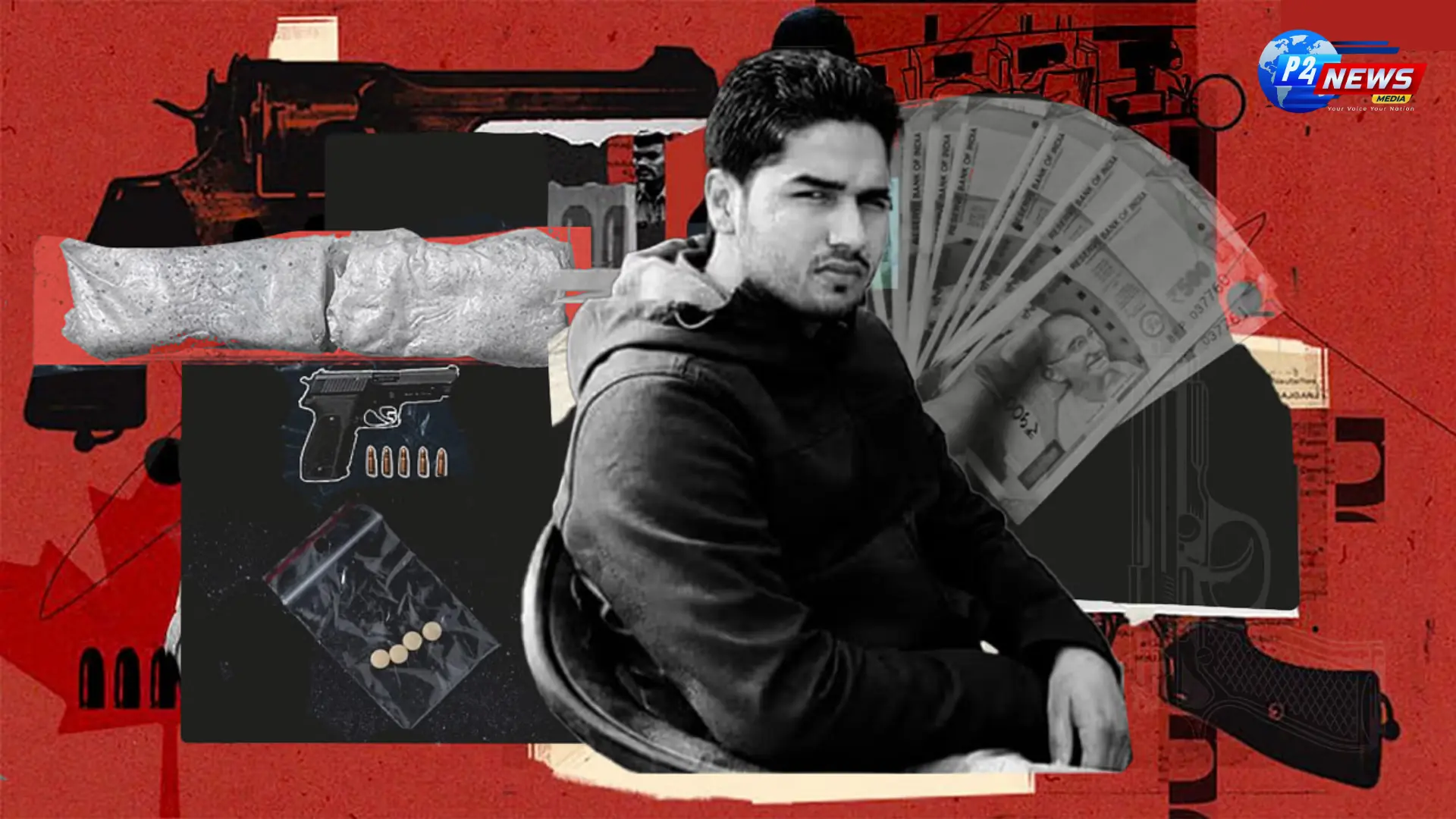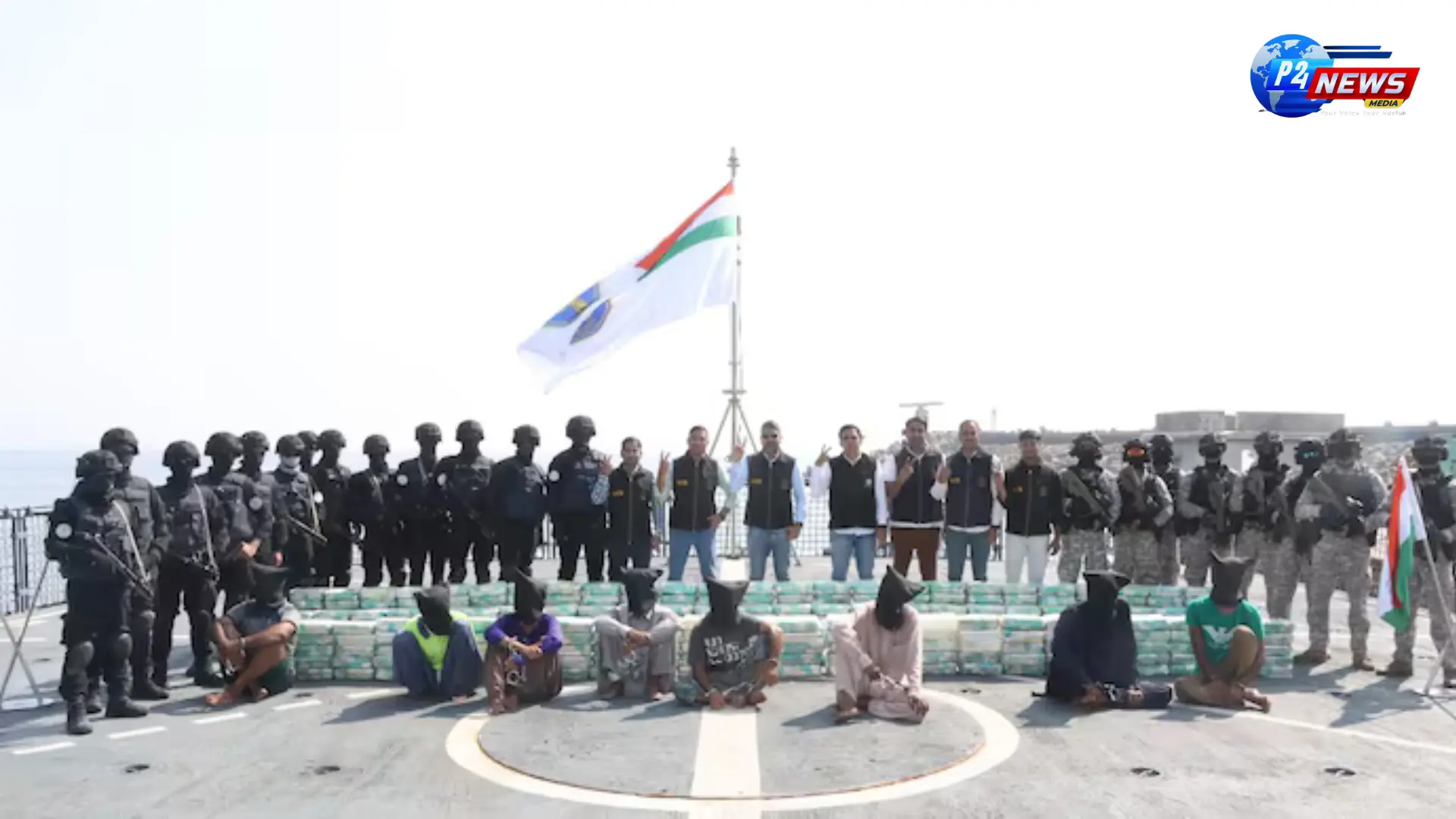As India's extradition efforts intensify against Arsh Dalla, who has become a prominent Khalistani terrorist in Canada, we explore how he transitioned from a local gangster in Punjab to a key figure in the Khalistan movement. His recent arrest in Canada raises questions about the challenges India faces in combating international terrorism and the complexities of extradition processes.
The saga of Arshdeep Singh Gill, more commonly known as Arsh Dalla, unfolds as a significant chapter in the ongoing struggle against international terrorism linked to the Khalistani movement. Once a local gangster in Punjab, Dalla has risen to prominence as one of India’s most wanted terrorists. His alleged involvement with the Khalistan Tiger Force (KTF) marks a drastic shift in his trajectory, leading to his recent arrest in Canada, where he has gained notoriety.
Following his recent arrest, India's efforts to extradite Dalla have intensified after previous requests were denied by Ottawa. This has drawn attention to the complex nature of international law and extradition treaties, particularly in cases involving terrorism. Dalla took over the leadership of the KTF following the controversial assassination of Harjit Singh Nijjar in June 2023, which has only heightened tensions between Canada and India regarding the Khalistani separatist movement.
The KTF, under Dalla's command, has been implicated in various violent activities aimed at promoting the Khalistani agenda. The group’s operations have raised significant concerns for both Indian and Canadian authorities, particularly regarding the safety of Indian nationals in Canada and the potential for extremist activities on foreign soil. Dalla’s transformation from a gangster to a terrorist leader illustrates the complex interplay between organized crime and terrorism, a phenomenon that has increasingly come to the fore in the globalization of crime and ideologies.
As Dalla's story continues to unfold, it highlights the pressing issues surrounding international cooperation in addressing terrorism. With increasing scrutiny on how nations handle individuals accused of such serious crimes, India's push for extradition places a spotlight on existing diplomatic relations and legal frameworks. How Canada responds to these requests could have significant implications for its relationship with India.
The evolution of Arsh Dalla from a street-level gangster in Punjab to a prominent figure in the Khalistani terrorist landscape raises critical questions about radicalization and the factors that contribute to such transformations. Experts suggest that socio-economic conditions, coupled with the allure of a radical ideology, play a pivotal role in shaping individuals like Dalla. Moreover, the context of diaspora communities in Canada, where sentiments for the Khalistan movement can sometimes flourish, contributes to the complexity of the situation.
In conclusion, Dalla’s developments not only point to the multifaceted nature of terrorism but also underline the challenges faced by governments in combating such threats. The relationship between India and Canada will be tested as legal battles over Dalla’s extradition unfold, and the impact of his actions continues to resonate within the broader narrative of terrorism and separatism.
'
















Comments 0